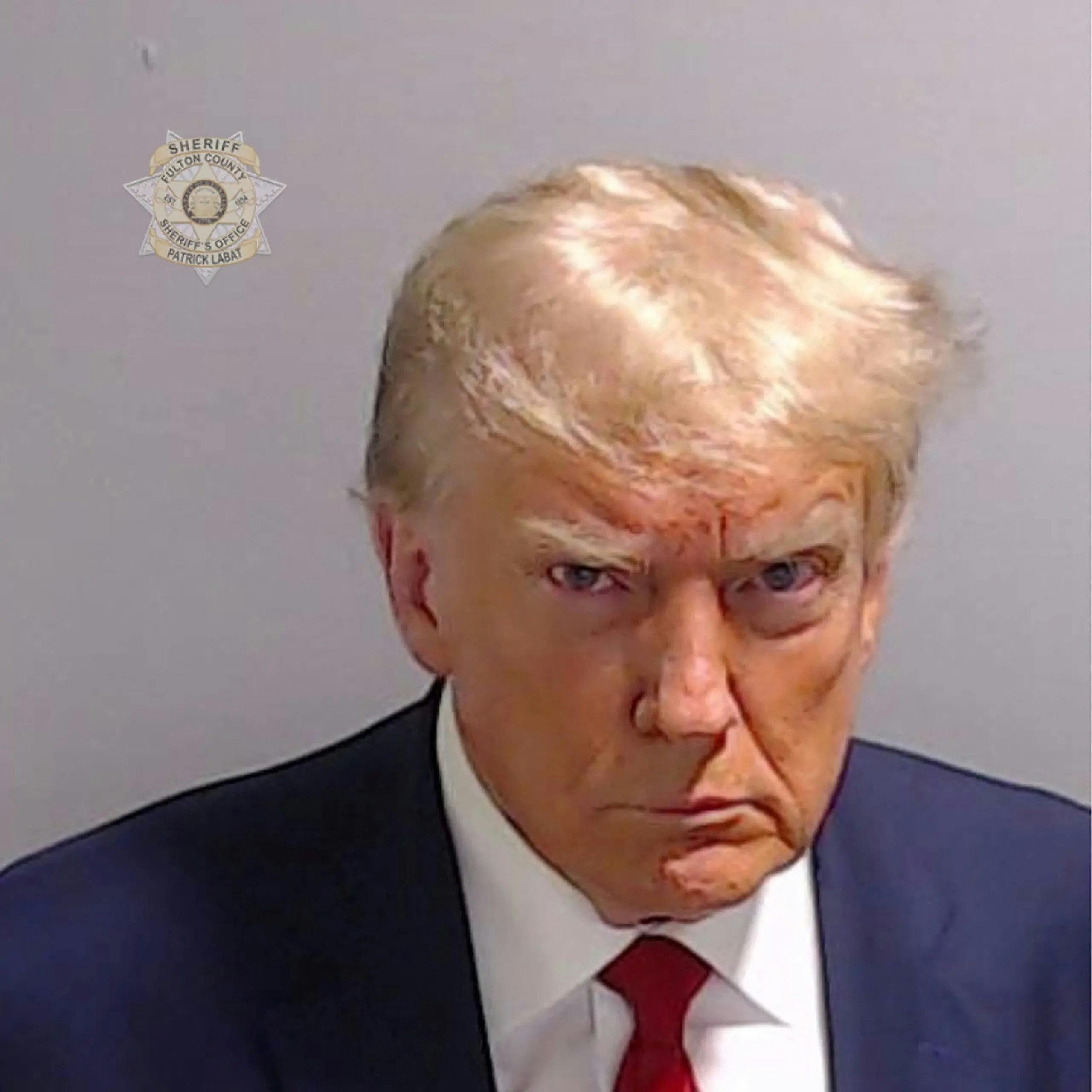How to talk to your kids about Donald Trump's arrest
3 Min Read•August 27, 2023

Donald Trump, the 45th President of the United States, has certainly been a polarizing figure in politics. His tenure has been marked by fervent support from some quarters and staunch criticism from others. As of recent events, discussions about Trump have taken a new turn with his arrest. Given the gravity of such events, parents might find themselves faced with the task of explaining the situation to their children. Here's a guide on how to handle this delicate topic with your kids.
Start with the Basics
Start by explaining the fundamental principles of the justice system in a democracy:
- Every individual, regardless of their position or power, is subject to the law.
- Everyone is innocent until proven guilty.
- The legal system is designed to investigate and adjudicate matters impartially.
Foster an Open Dialogue
It's essential to foster an environment where your child feels comfortable asking questions or expressing their opinions. Remember, they're trying to understand a complex situation, and they might have heard various perspectives from peers or media.
Stay Neutral
While it's natural to have your views about the situation, it's essential to present facts without letting personal biases cloud the discussion. Aim to be a source of balanced information, allowing your child to form their opinions.
Address Their Emotions
Children might have strong feelings or fears based on what they've heard or seen. It's crucial to acknowledge these feelings and provide reassurance. If they're feeling scared or uncertain about what this means for the country, remind them of the resilience of the American system and its checks and balances.
Use Age-Appropriate Language
The depth of your discussion should match your child's age and maturity level:
- Younger Children (ages 5-8): Stick to simple explanations. For instance, "Donald Trump is going through a situation where people want to find out if he did something wrong. Everyone is allowed to see if they've made a mistake, and this is how our country does it."
- Pre-teens (ages 9-12): You can delve a bit deeper, discussing the importance of accountability in leadership positions. However, avoid overly complex legal details.
- Teenagers (ages 13-18): Engage in a more comprehensive conversation. Teenagers might already be aware of the details and have their opinions. Listen to their perspectives and introduce them to various viewpoints to foster critical thinking.
Talk About the Role of Media
It's a good opportunity to discuss media literacy. Emphasize the importance of discerning information from reliable sources and the existence of biases in news reporting.
Emphasize the Importance of Respect
Regardless of personal views on Trump or the situation, it's crucial to teach children to respect all individuals and the legal processes in place. Encourage discussions that are constructive rather than divisive.
Follow Up
This shouldn't be a one-time conversation. As events unfold, regularly check in with your child to see how they're feeling, address any new questions they might have, and provide updates as necessary.
Explaining such a contentious and potentially divisive topic to children can be challenging. Yet, it's an opportunity to teach them about the principles of democracy, the importance of critical thinking, and the value of respectful discourse. Remember always to be there for them, offering clarity and guidance as they navigate this chapter of American history.




